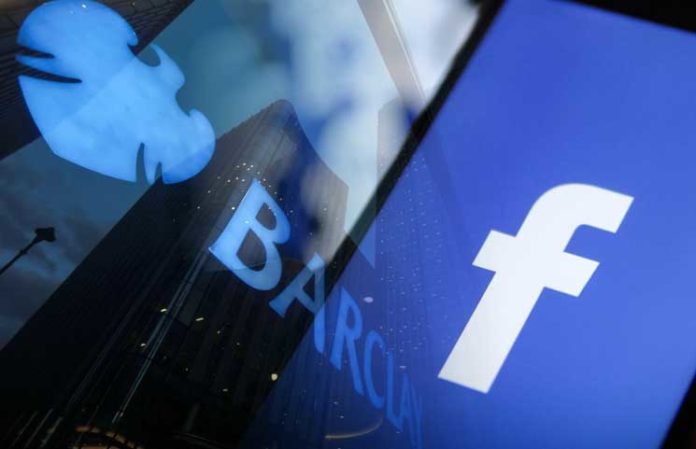Facebook's crypto asset plans have already received many headlines in 2019. Financial giant Barclay, said the new asset could help develop Facebook as a company.
Facebook asset plans
In an article dated February 28, 2019, The New York Times spoke in detail about Facebook's secretive plans for creating a Facebook coin. It is reported that the asset will be intended for global use on the WhatsApp platform owned by Facebook. The Times also reported on the future connection of three Facebook platforms: Facebook Messenger, Instagram and WhatsApp.
A CNBC report on March 11 revealed several positive thoughts from the Barclays financial center on this issue. According to a note for clients of analyst Barclays Ross Sandler, CNBC reports that
“Sandler predicted additional revenue from Facebook Coin until 2021
Sandler said the asset could change Barclays’s Facebook view.
“The simple establishment of this revenue stream is starting to change the history of Facebook shares, in our opinion,” said Sandler in a report to CNBC.
CBNC notes that during 2018, Facebook pricing was quite complex. Adding a cryptographic asset to the set can help increase Facebook's revenue, which, according to Sandler, the company needs at the moment.
"Any attempt to create sources of income outside of advertising, especially those that do not violate the privacy of users, is likely to be well received by Facebook shareholders," explained Sandler, according to CNBC.
Facebook cryptocurrency experience
A few years ago, Facebook tried to create a type of digital asset called Facebook Credits. The 2012 TechCrunch article suggested three main reasons for the failure of the original asset. Facebook credits are not adapted to the concept of sharing.
"Consumers bought and used Facebook credits in a vacuum," writes TechCrunch.
In addition, TechCrunch said that Facebook did not provide an attractive option for using the asset, and "Facebook discouraged its partners (developers) from supporting loans."
According to CNBC, Sandler noted that Facebook incurred significant transaction costs throughout the entire process related to Facebook loans, which had adverse effects on the company's overall profit.
New circumstances
After all these years, CNBC noted that Facebook has more customers and successful apps (such as WhatsApp and Instagram). Crypto space is also more developed. This “combo” can give a new look to the new cryptoactive, according to Sandler’s comments in the CNBC article.
Sandler also added that Facebook now has David Marcus, the previous leader in PayPal, to help with his new endeavors. Other key players are also part of the team. Nevertheless, Sandler noted that the giant of social networks should show users that the asset should be used "more priority than what is available today from payments", and also restore public confidence due to events of recent years.

